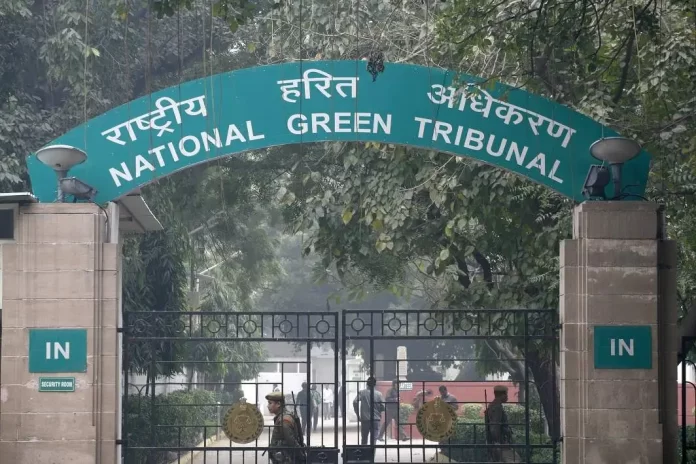The National Green Tribunal (NGT) has refused to grant a five-year extension for the registration of three specialised armoured vehicles used by the Special Protection Group (SPG) for the security of the Prime Minister of India.
The order was recently passed by the coram of Chairperson Justice Prakash Shrivastava and member Dr A Senthil Vel on a miscellaneous application filed by SPG in an original application that was earlier disposed of.
Mentioning the Supreme Court directives passed on October 29, 2018, which banned plying of 10-year-old diesel vehicles in the National Capital Region (NCR), the Tribunal observed that the three SPVs, which were diesel vehicles, would be completing the period of 10 years from the date of registration in December, 2024.
Therefore, in terms of the Apex Court directions, such vehicles cannot be permitted to ply in NCR on completion of 10 years, it added.
The SPG informed the Tribunal that the vehicles, which were not easily available in the market, had in nine years covered only 6,000 km, 9,000 km, and 15,000 km respectively.
The vehicles were initially registered in December 2014, till 2029.
However, in light of the Supreme Court’s directions in MC Mehta v. Union of India on October 29, 2018, they will stand de-registered in December 2024, upon the completion of 10 years of registration.
SPG had earlier filed an application before the NCR Transport department, seeking five-year extension for the registration of three of its specialized armored vehicles.
The Transport Department of NCT Delhi highlighted that the NGT in the original application had prescribed 10 years as the maximum age for diesel cars to ply in Delhi. The order was endorsed by the Supreme Court in the MC Mehta case.
It further stated that relaxation was allowed in cases of Bharat Stage (BS) IV emission norms vehicles. However, the vehicles in question conformed to BS-III standards.
The department further questioned a notification issued by the Ministry of Road Transport and Highways relied upon by the SPG, stating that it applied to states other than Delhi NCR, as it made no mention of the Supreme Court order.
The Tribunal took note of its own directives and those of the Supreme Court to conclude that there was no error in the Transport Department’s decision to refuse extension of registration.
It acknowledged the fact that the vehicles were not normally available in the market and were used very less, but refused to grant the prayer in view of the Supreme Court order.


